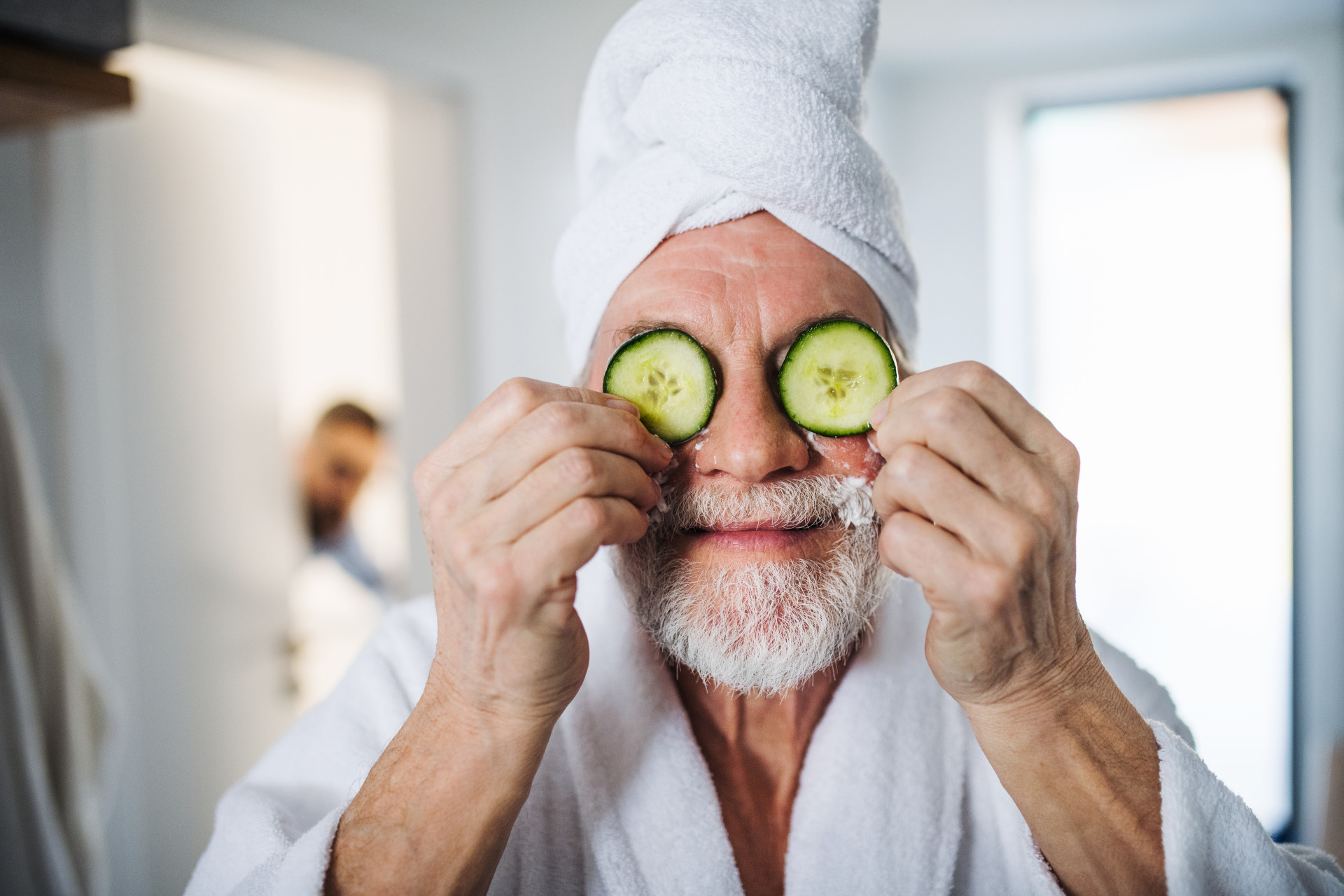The elderly often have increased health needs, which means long-term patient care for this group needs to address their specific, often specialized, conditions, some of which are preventable. Add the fact that the elderly also have decreased ability to perform routine activities of daily living such as bathing independently and/or providing self-care in the domains of dressing and grooming and it becomes evident that supportive services are necessary to facilitate effective hygiene practices among elderly populations.
Health, well being, and hygiene

Research from the Centers for Disease Control and Prevention finds that 20% of respiratory infections (e.g., the common cold) can be prevented through handwashing. Precluding these every day illnesses through handwashing can also have a much broader positive effect on overall wellbeing, as reducing infections helps avoid overuse of antibiotics, which is the leading cause of antibiotic resistance around the world.
As health and well-being are intricately tied to personal hygiene, the Windsor provides proactive solutions for an environment that is less conducive to germ spread. Good hygiene is a joint effort that depends on healthcare workers’ continued dedication to best practices as well as residents and visitors alike getting into the habit of effective handwashing.
“Hygiene is two thirds of health”
proverb


